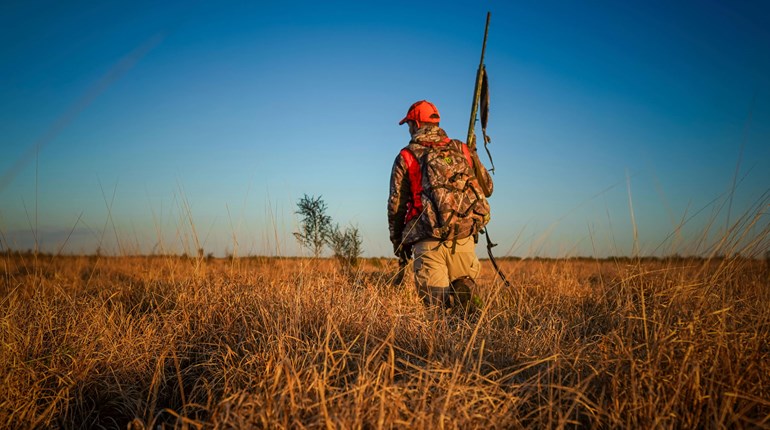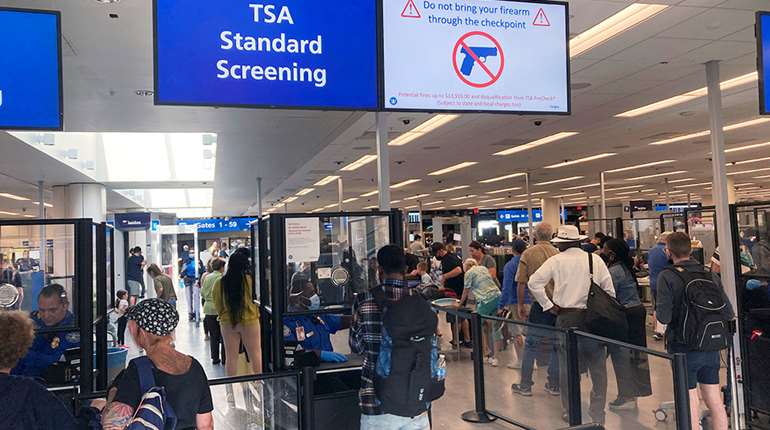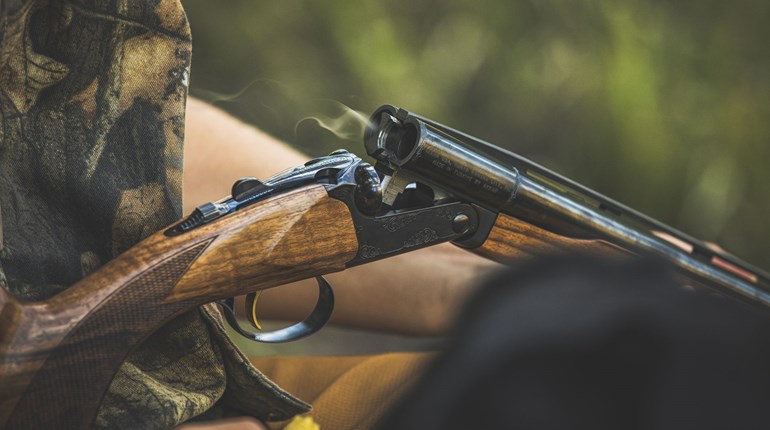
All eyes right now are on the so-called “Charleston loophole,” and federal legislation ostensibly designed to close that alleged loophole could be heard in the U.S. Congress as early as this week. However, even many who are well versed in the ongoing debate over the Second Amendment get confused by the term.
So, what is the “Charleston loophole,” anyway? And why do so many anti-gun legislators want to “close” that loophole?
We must start by looking at the origin of the National Instant Criminal Background Check System (NICS), which was eventually included as part of the Brady Bill. When the Brady Bill was introduced, it included a mandatory five-day waiting period before a prospective purchaser of a handgun from a Federal Firearms Licensee (FFL) could take possession of the handgun being purchased. During that five days, the federal government intended to force local law enforcement where the purchase was to take place to conduct a background check of the purchaser. This unfunded mandate was later struck down as unconstitutional by the Supreme Court in the NRA-backed case of Printz v. US.
In other words, had NICS not been incorporated into the Brady Bill, after the Printz case, we would have been left with a national five-day waiting period on handgun purchases from FFLs.
Realizing that background checks wouldn’t always be as “instant” as implied in the name, pro-gun lawmakers also managed to pass an amendment saying that if the background check was not completed within three business days (hardly instant, to be sure), the FFL would have the option to proceed with the transfer.
In a nutshell, that three-business-day provision is what gun-ban activists now call the “Charleston loophole.” But even that is nonsensical if you look into the matter further.
As a little background, think back to the 2015 attack at the Emanuel African Methodist Episcopal Church in Charleston, S.C. While those on the anti-gun side of the debate claim the murderer received his gun three days after the NICS check didn’t flag him as a prohibited person, that’s not the truth.
In reality, he first attempted to buy the gun on April 11 of that year, but was delayed due to a prior arrest for drug possession. The gun was actually transferred to him on April 16—five days after his attempt to purchase it.
“So what?” some might say. “Whether three days or five, someone who was legally prohibited got a gun.”
That, however, is not true, either. The attack didn't occur until June 17, more than two months after the murderer first tried to buy the firearm. During that time, the FBI continued to investigate to determine whether the transaction should have proceeded. The FBI investigation was not impeded because the firearm was transferred.
Furthermore, under the law, if it is later determined that a transaction should have been denied, the case is referred to ATF for recovery of the firearm. That didn't happen in this case because the murderer was not prohibited from possessing a firearm due to his drug arrest. Under federal law, a person has to be an unlawful “user” of a controlled substance, so the government needs evidence of use, not simply possession, of a controlled substance.
Consequently, the current attack on the portion of the legislation that created NICS, which allows firearms to be transferred if the background check isn’t completed within three business days, is named after a tragedy that would not have been prevented by lengthening the three-day period.
Why do anti-gunners in Congress want to close that “loophole” then? That’s a good question. And, as with most gun-control schemes, this one is less about guns and more about control.
The three-day proceed-to-sale provision is basically a safety valve thoughtfully built into the system to ensure that U.S. gun purchasers are not denied their Second Amendment rights for an arbitrary, indeterminate length of time. Without the three-day provision, the FBI has no incentive at all to complete checks in a timely manner.
In the end, the proposed legislation is designed so that the FBI could take much more than the prescribed three days to do NICS checks. And that is undoubtedly a very bad thing. The result could be a corrupt anti-gun administration completely shutting down—or at least vastly slowing down—gun sales to law-abiding Americans.
There’s likely no more-effective way to infringe on the Second Amendment-protected right to keep and bear arms than by allowing the government to shut down gun sales for days at a time simply at the whim of a president, attorney general, or FBI director who doesn’t like private firearms ownership. And the politicians in Congress who are pushing so hard to get this measure approved are well aware of that fact.


































